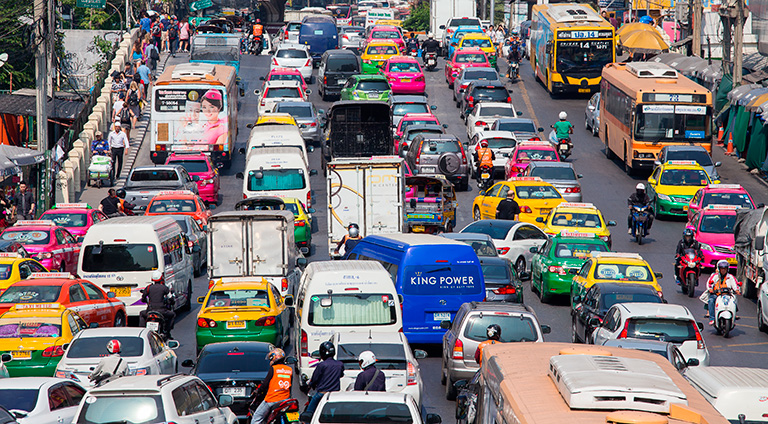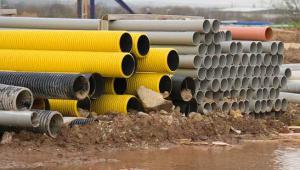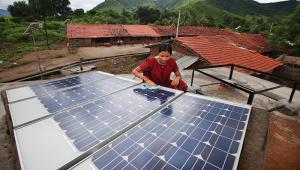Traffic-jam,-Bangkok-shutterstock_278669981.jpg

Traffic jam in Bangkok, Thailand
As the international talks to tackle climate change, known as COP21, continue in Paris, the institutions including the World Bank and the Asian Development Bank pledged to do more to limit the damaging effects of transportation, which is estimated to account for 60% of global oil consumption, 27% of all energy use and 23% of world energy-related CO₂ emissions.
Presenting the statement on behalf of the eight banks, Inter-American Development Bank president Luis Alberto Moreno said: “Actions to reduce greenhouse gas emissions and stabilise warming at 2°C will fall short if they do not include the transport sector.”
The banks said they would work to increase finance for projects to decarbonise transport in the future by increasing their focus on low-carbon solutions and would also work to improve measurement of transport-related greenhouse gas emissions. They will also jointly develop a systematic approach to improve climate resilience in transport policies, plans and investments.
The signatories are: the World Bank; the African Development Bank; the Asian Development Bank; the CAF-Development Bank of Latin America; the European Bank for Reconstruction and Development; the European Investment Bank; the Inter-American Development Bank; and the Islamic Development Bank.







